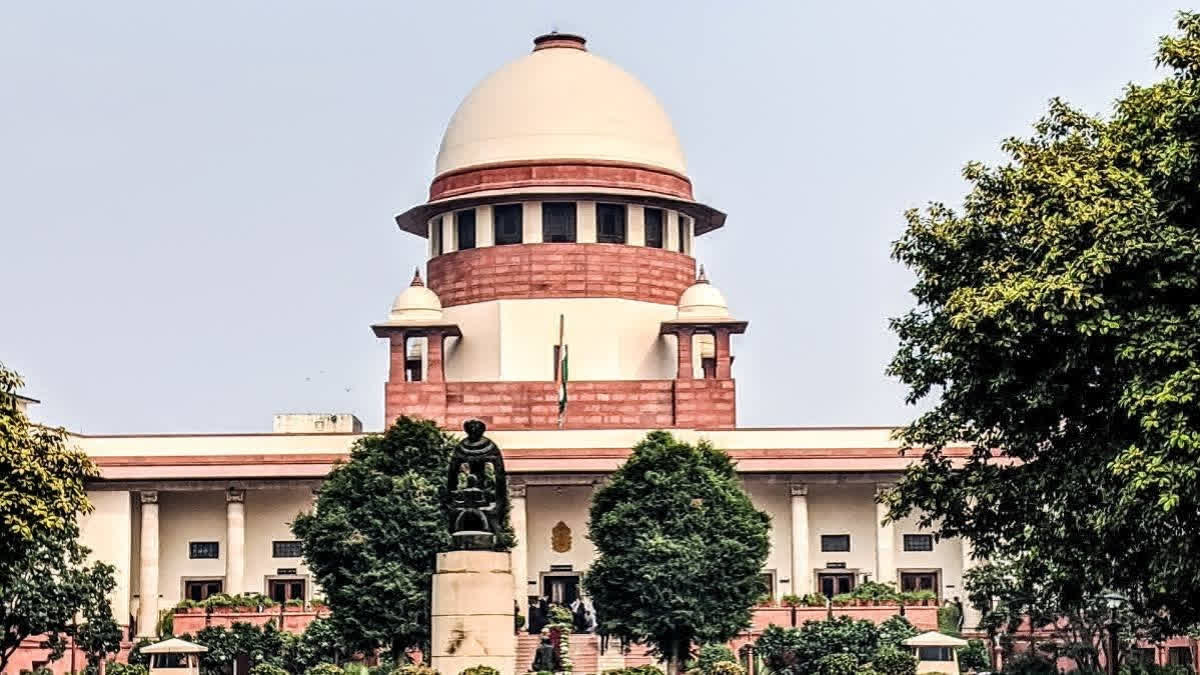New Delhi: The Supreme Court on Wednesday was informed that the Himachal Pradesh government has notified rules to provide for child-care leaves to mothers taking care of disabled children.
The matter came up before a bench comprising justices BV Nagarathna and NK Singh. The apex court disposed of the plea of the mother after her advocate Pragati Neekhra acknowledged the notification. However, the counsel pointed out certain lacunas in the amended rules.
The bench gave the petitioner the liberty to make a representation before the concerned authorities in connection with the deficiencies in the amended rules.
"In this backdrop, we dispose of this writ petition, preserving liberty to the petitioner to seek further clarifications or enhancements under the scheme by making a representation to the respondent State, which shall consider it expeditiously," said the bench, in its order.
The amendment in the state’s child-care leave rules is in line with the Central Civil Services (Leave) Rules, 1972 and came following a nudge by a bench led by then Chief Justice of India D Y Chandrachud.
The plea was filed by an assistant professor in the Department of Geography at Government College. Petitioner’s 14-year-old son suffers from Osteogenesis Imperfecta, a rare genetic disorder requiring ongoing medical care and surgeries. It was argued before the court that due to lack of child-care leave provisions in the state forced her to exhaust all sanctioned leave, leaving her unable to meet her son’s needs.
The petitioner moved the apex court challenging the Himachal Pradesh High Court order, which dismissed her plea seeking Child Care Leave in terms of Rule 43-C of Central Civil Service (Leave) Rules, 1972.
In April this year, the Supreme Court had said the participation of women in the work force is not just a matter of privilege but constitutional entitlement and stressed that the provision of child care leave to women subserves an important constitutional object of ensuring that they are not deprived of their participation. The then CJI had asked the state government counsel, what happens if a child falls sick, the mother has to resign?
During the hearing, the CJI had queried the counsel, representing the Himachal Pradesh government, do you give any child care in Himachal Pradesh, so what happens if a child falls sick, the mother has to resign?
“Why should not give child care leave and the state must give child care leave…must give some child care relief”, said the CJI. The state government counsel requested the court give him some time to seek instructions in the matter.
The petitioner’s counsel had argued that she is also taking shield under the Disability Act and under Section 80, powers are given to the state commissioner to recommend and that power can be exercised.
The apex court noted that the petitioner's child had undergone several surgeries since birth and the child required continuous treatment and surgical intervention to survive and lead a normal life.



